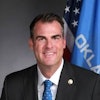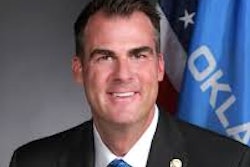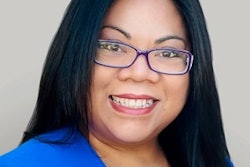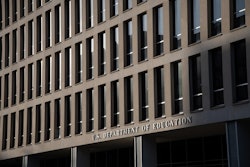Dr. Randolph Wilson “Bill” Bromery had no intention of becoming a
geologist when he graduated from Howard University in 1948 with a
bachelor’s degree in mathematics and physics. He had planned to get a
job at the U.S. Naval Research laboratory. But after applying for a job
there four times, he was convinced the lab’s claim of having lost his
application was a subtle way of saying his talents weren’t wanted.
Bromery left the research lab after that fourth visit crestfallen
and dejected. With little more than $11 to his name and a wife at home,
he wondered what he would do next. Serendipitously, while riding the
trolley home, he noticed an ad in a Black newspaper announcing that the
U.S. Geological Survey (USGS) was recruiting mathematicians. Among the
positions available, was an job in which the preferred candidate was
someone who could work without succumbing to sea sickness aboard a
plane that flew at low altitudes. The former Tuskegee Airman was so
excited, he headed straight for the USGS office.
“It was the first time anyone ever said to me, `You’re perfect for this job,'” he says.
Fifty years have passed since that fateful trolley ride in August.
Bromery spent nearly twenty years at the USGS. During that time, he
completed his master’s degree, began teaching two nights a week, and
earned his Ph.D. at Johns Hopkins University in 1968. He was the first
African American president of the American Geological Society and left
USGS in 1967 to accept a post as the chairman of the geology department
at the University of Massachusetts.
Bromery eventually became chancellor of the University of
Massachusetts-Amherst, and today, is the recently retired president of
Springfield College.
In a career full of firsts, Bromery’s most recent achievement is
having been selected to have his portrait on permanent display at the
National Academy of Sciences, African American Science, Engineering and
Medicine Portrait Collection.
On the subject of bringing more African Americans into the
geosciences, Bromery urges his colleagues to remember that Black
students can and should be held to the same standards as other students.














